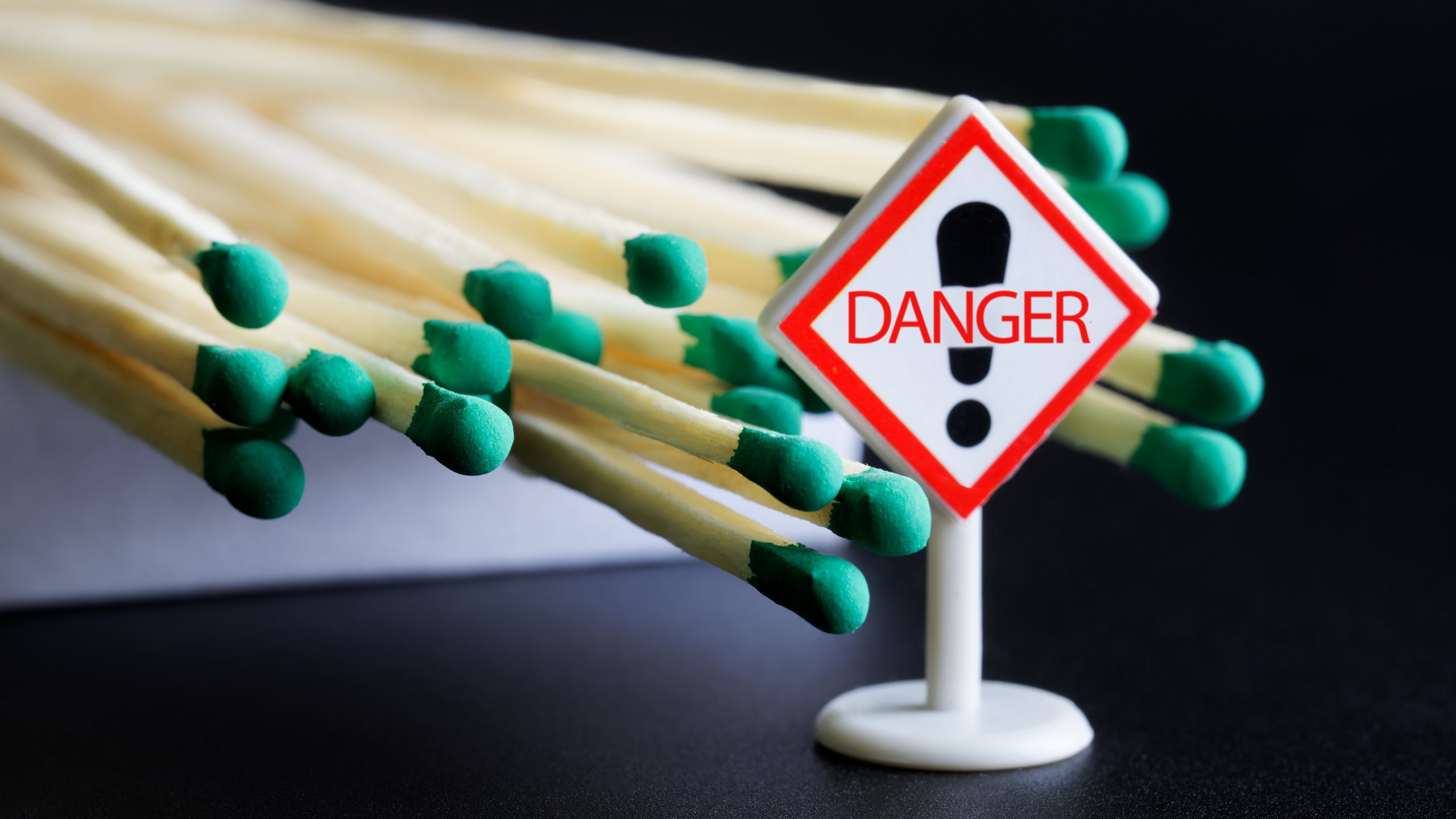Fire safety is a crucial aspect of home security, especially for seniors. With age, mobility issues, and slower response times can increase the risk of accidents. Implementing effective fire safety measures can significantly reduce these risks, providing peace of mind and enhancing overall safety. Here are some essential fire safety tips, tricks, and insights to help seniors protect their homes.
Understanding the Risks
Fires can start for many reasons, including cooking mishaps, electrical faults, and unattended candles. Seniors might be more susceptible due to the following reasons:
- Mobility Issues: Difficulty in moving quickly can hinder evacuation during a fire.
- Cognitive Decline: Memory issues may lead to forgetting to turn off appliances.
- Vision and Hearing Impairments: These can prevent timely detection of fires.
Essential Fire Safety Tips
- Install Smoke Alarms: Ensure that smoke alarms are installed in every bedroom, outside sleeping areas, and on every level of the home, including the basement. Regularly test alarms and replace batteries at least once a year. For those with hearing impairments, install alarms with flashing lights and vibrating alerts.
- Plan and Practice an Escape Route: Create a fire escape plan that includes at least two ways out of every room. Practice this plan regularly to ensure that everyone knows how to evacuate quickly and safely. Ensure that escape routes are clear of obstacles and that doors and windows can be easily opened.
- Stay in the Kitchen When Cooking: Never leave cooking unattended. If you must leave the kitchen, even for a short period, turn off the stove. Use a timer to remind yourself when food is cooking, and keep flammable items like towels and potholders away from the stove.
- Use Space Heaters Safely: Keep space heaters at least three feet away from anything that can burn, such as curtains, bedding, and furniture. Always turn off space heaters when leaving the room or going to bed.
- Avoid Overloading Electrical Outlets: Overloading outlets and power strips can cause electrical fires. Use only one heat-producing appliance, like a coffee maker or toaster, in an outlet at a time. Regularly check cords and plugs for wear and tear and replace them if damaged.
Practical Tips for Enhanced Safety
- Keep a Fire Extinguisher Handy: Place fire extinguishers in easily accessible locations, such as the kitchen and near the bedrooms. Ensure that everyone knows how to use them and check the pressure gauges regularly.
- Invest in a Fire-Retardant Safe: Store important documents, medications, and valuables in a fire-retardant safe. This ensures that critical items are protected in case of a fire.
- Use Flameless Candles: Replace traditional candles with battery-operated flameless candles. They provide the same ambiance without the risk of starting a fire.
- Install a Home Sprinkler System: While this can be a significant investment, a home sprinkler system can extinguish fires quickly, reducing damage and increasing safety.
Insights for Continued Safety
- Regularly Review Safety Measures: Periodically review and update your fire safety measures. Ensure that smoke alarms, fire extinguishers, and other safety devices are in good working order.
- Educate and Involve Loved Ones: Involve family members and caregivers in fire safety planning. Make sure they are aware of the escape plan and know how to assist in an emergency.
- Stay Informed: Keep up-to-date with the latest fire safety recommendations from local fire departments and safety organizations.
